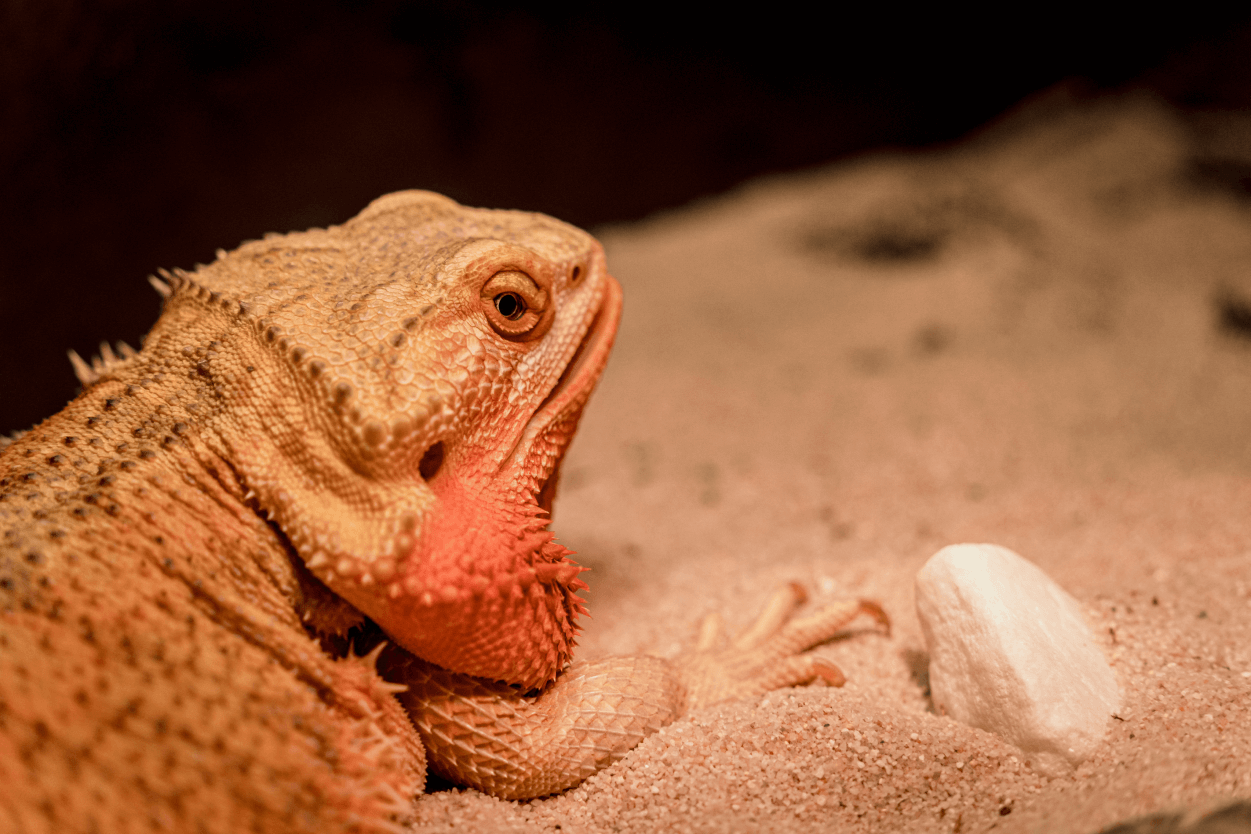The Ultimate Guide to Keeping Reptiles as Pets
If you’re searching for a pet that stands out from the usual cats and dogs, reptiles might be the perfect choice for you. From vibrant geckos to intriguing snakes, reptiles can be both captivating and fulfilling companions. However, they come with their own unique requirements, and taking care of them properly demands some knowledge and preparation.
In this guide, we’ll explore why reptiles can be excellent pets, the types of reptiles that are suitable for beginners, and how to care for these scaly friends to ensure they remain healthy and happy in your home.
Why Reptiles Make Great Pets
Reptiles may not be fluffy or cuddly, but they possess many qualities that make them wonderful pets for the right owner. Here are a few reasons to consider adopting a reptile:
Low Maintenance (in Some Ways)
While reptiles have specific environmental and dietary needs, they typically require less daily attention than traditional pets like dogs and cats. Many reptiles don’t need to be walked or groomed, and they usually don’t demand a lot of interaction.
Quiet and Clean
Reptiles are quiet companions—no barking, meowing, or chirping! They also don’t shed fur or produce dander, making them ideal for individuals with allergies. Their enclosures, when properly maintained, tend to be clean and odor-free.
Fascinating to Observe
Reptiles exhibit unique behaviors and traits that make them intriguing to watch. Whether it’s the slow, deliberate movements of a turtle or the lightning-fast tongue of a gecko catching its prey, reptiles provide a glimpse into a world of creatures that function very differently from mammals.
Long Lifespan
Many reptiles, especially tortoises, snakes, and certain lizards, have long lifespans. While this means you’re committing to a long-term pet, it also means you’ll have a companion for many years if cared for properly.
Best Reptiles for Beginners
Not every reptile is ideal for first-time owners, as some need more specialized care. However, there are several species that are quite easy to manage, especially with some initial research and the right environment.
Here are some beginner-friendly reptiles:
1. Leopard Gecko
Leopard geckos are among the most popular pet reptiles for newcomers. They are small, resilient, and fairly simple to care for. With their charming smiles and gentle nature, leopard geckos are perfect for those seeking a low-maintenance, friendly reptile. They don’t require complicated heating or humidity setups, and with proper care, they can live for up to 20 years.
2. Bearded Dragon
Bearded dragons are larger than leopard geckos but still make a fantastic choice for beginner reptile enthusiasts. These lizards are known for their friendly demeanor, sociability, and ease of handling. Bearded dragons enjoy interacting with their owners and can even learn to recognize them over time. They do need a UVB light source and a varied diet, but they are relatively straightforward to care for once you have the right setup.
3. Corn Snake
If you’re more inclined towards snakes, the corn snake is a superb option for beginners. Corn snakes are typically docile, easy to handle, and come in a range of stunning color patterns. They are also quite easy to care for, requiring a simple enclosure with appropriate heating and a diet of frozen and thawed rodents. With a lifespan of 15 to 20 years, corn snakes can be long-term companions.
4. Crested Gecko
Crested geckos are another excellent choice for new reptile owners. They are small, don’t need much heat, and can thrive in a relatively simple terrarium setup. Unlike many other reptiles, crested geckos don’t require live insects and can do well on specially formulated commercial diets. They’re easy to handle and have distinctive appearances, thanks to their large eyes and crests.
5. Red-Eared Slider Turtle
If you’re interested in aquatic reptiles, red-eared slider turtles are a great option. These turtles thrive both in water and on land, and they require relatively low maintenance if you have the right tank setup with a good filter. Red-eared sliders can live for several decades, making them a long-term commitment.
Setting Up Your Reptile’s Habitat
Creating the ideal environment for your reptile is crucial for keeping them happy and healthy. Each species has unique needs, so it’s important to research your specific pet’s requirements before bringing them home.
1. Enclosure Size
Reptiles need a habitat that offers enough space to move around, climb, bask, and hide. The size of the enclosure will depend on the type of reptile you’re keeping. For instance, a small leopard gecko can thrive in a 20-gallon tank, while a larger bearded dragon will require at least a 40-gallon tank.
2. Temperature and Heating
Most reptiles are ectothermic, meaning they depend on external heat sources to regulate their body temperature. You’ll need to provide a heat source, such as a heat lamp or under-tank heater, to create a warm basking area. Be sure to research the ideal temperature range for your reptile species, as some need very specific heat gradients to remain healthy.
3. Lighting and UVB
Certain reptiles, like bearded dragons and turtles, require access to UVB lighting to help them synthesize vitamin D3, which is vital for calcium absorption and bone health. Without adequate UVB exposure, reptiles can face serious health problems, including metabolic bone disease.
4. Humidity Control
Different reptiles have varying humidity requirements. For example, tropical species like crested geckos thrive in a more humid environment, while desert species like leopard geckos prefer a drier setup. You can manage humidity by misting the enclosure, using a hygrometer to monitor levels, and providing water bowls or humidity boxes.
5. Substrate
The substrate is the material used to line the bottom of the enclosure. The right substrate depends on the species of reptile you have. Some reptiles, like leopard geckos, do well on reptile carpet or paper towels, while others may prefer substrates like aspen shavings or cypress mulch. Be cautious with using sand, as it can cause impaction if ingested.
Wrapping It Up: Reptiles as Rewarding Pets
Reptiles can be fantastic pets for those who are ready to invest time in understanding their unique needs. Although they don’t require the constant attention that more traditional pets do, reptiles still need careful care, an appropriate environment, and proper nutrition to thrive. With the right setup and knowledge, your scaly companion can enjoy a long, happy life as part of your family.
Whether you’re attracted to the calm demeanor of a snake, the quirky personality of a bearded dragon, or the laid-back charm of a gecko, there’s a reptile out there that’s just right for you. Just make sure to conduct your research, prepare their habitat, and relish the unique companionship that comes with having a reptile in your home.
